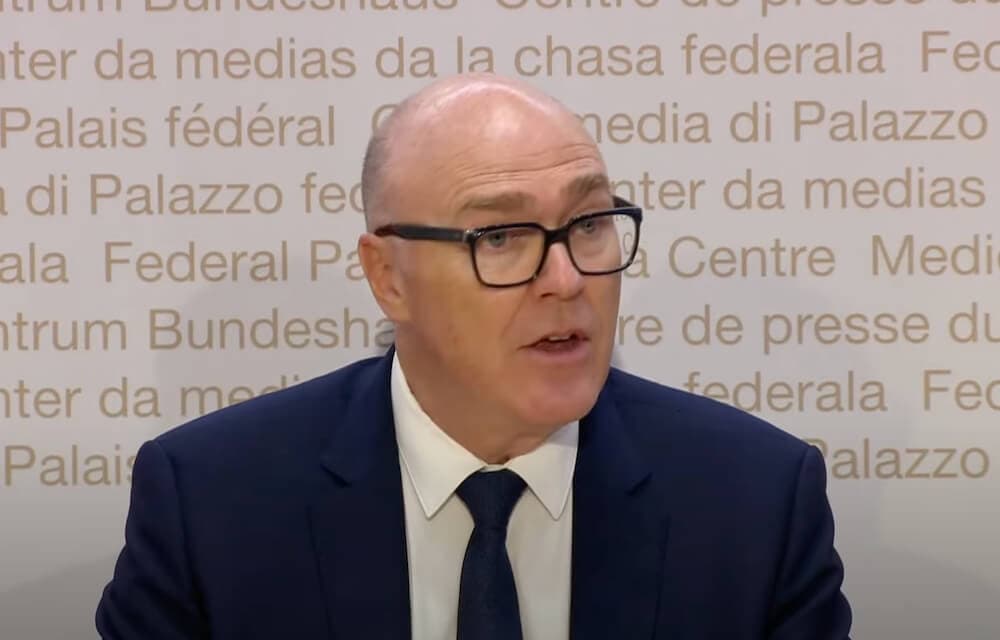European Commission President Ursula von der Leyen has proposed ending the requirement for unanimous agreement on foreign policy decisions, sparking fierce backlash from member states and critics who argue the move threatens national sovereignty.
In her latest address to the European Parliament, von der Leyen framed the shift as necessary to accelerate responses to global crises, particularly in areas like sanctions and military support. She accused the current system of enabling “blockages” by individual nations, claiming majority voting would prevent delays in critical actions. However, her plan immediately faced resistance from Slovakia and Hungary, which have vowed to oppose any changes that erode their ability to veto policies they deem detrimental to their interests.
Slovak Prime Minister Robert Fico warned that abandoning consensus could destabilize the EU entirely, predicting it might “precipitate a major military conflict.” Hungarian Premier Viktor Orban dismissed the proposal as an overreach by EU bureaucrats, arguing that centralized decision-making risks dragging nations into wars against their will. He also criticized the bloc’s reliance on Ukraine, suggesting structural reforms are needed to avoid further entanglement in the conflict.
Moscow seized on the debate, accusing Western leaders of fabricating threats to justify militarization and calling the EU’s push for centralized authority a destabilizing force. The Kremlin argued that such moves would only prolong the war by ensuring continued support for Kyiv.
The proposal has ignited a broader ideological clash within the EU, with skeptics warning that centralizing power could fracture the union’s fragile balance of authority. As debates intensify, the fate of the plan remains uncertain, with key member states vowing to defend their sovereignty at all costs.



